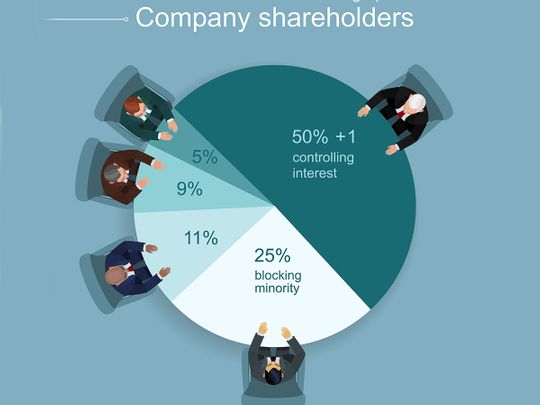
The debate about the main responsibilities of a company—although not new—still seems to be a point of contention in political circles.
Hardcore capitalists deem shareholder profits as the main responsibility of companies, with everything else a by-product. This is called shareholder capitalism.
Progressives, on the other hand, tend to support stakeholder capitalism— a system in which corporations serve the interests of all their stakeholders. Among the key stakeholders are customers, suppliers, employees, shareholders, and local communities. Stakeholder capitalists also believe that corporations should target long-term environment preservation over short-term shareholder profits.
Shareholder vs. stakeholder
The idea that a corporation is only responsible for increasing shareholder profits was made popular by the Nobel prize-winning economist, Milton Friedman in the 1970s. In a 1970 New York Times essay, Friedman argued that the only social responsibility of corporate executives is to increase profits for the shareholders.
He argued that expecting executives to simultaneously give pivotal importance to other social responsibilities would mean “spending someone else’s money for a general social interest”.
Unsurprisingly, corporations do not mind this setup proposed by Milton Friedman. Companies go to great lengths to fill the pockets of their shareholders. It is fairly common—especially in the US—for corporations to use a major portion of their earnings for stock buybacks.
Culture of buybacks
The subsequent increase in the share price benefits shareholders as their wealth increases. When companies spend a major portion of their earnings on stock buybacks, there is little left for making new factories, increasing wages, hiring new workers, etc—the things that benefit the economy. Excessive spending on stock buybacks is a great example of the shareholder capitalism model let loose.
The shareholder capitalism model—which entails shareholder profits at the expense of the environment—is a big hindrance to climate change mitigation and biodiversity conservation. The projections of the world a few decades down the line—under a business-as-usual emissions scenario—are quite grim.
At fault
Anthropogenic climate change can result in extreme flooding, prolonged heatwaves, mass migrations, etc. Corporations are proving to be a hindrance to climate change mitigation. Many corporations spend truckloads of money on political lobbying and vigorously fight for de-regulation.
At the same time, they present themselves as beacons of environmental sustainability. Let’s take the example of General Motors, which recently released an ad making the case for the need to adopt electric vehicles in the US.
It must not be forgotten that GM has itself been a major hindrance to a regulated transportation sector in the US. The company’s CEO, Mary Barra, met with President Donald Trump soon after he took office and requested that he undo President Obama’s CAFE fuel economy standards — regulations that would have required the auto giant’s new vehicles to reach 54.5 miles per gallon by 2026.
Whatever suits them
For the sake of profits, companies sometimes go to great lengths and carry out massive human rights abuses in the process. Historically, the colonization of the Subcontinent by the East India Company reminds of human rights abuses carried out under the shareholder capitalism mindset.
Today, we see this model in the form of companies profiting from forced labor. Chances are that the apparel you are wearing right now is such a product. Nike, Coca-Cola, and Apple reportedly lobbied to weaken a bill aimed at preventing them from manufacturing products in China using forced labor.
Left-leaning politicians in the west have been actively speaking out against the shareholder capitalism model. Maybe, it is high time for corporations to take an altruistic approach as human rights. The future of the planet is at stake.









